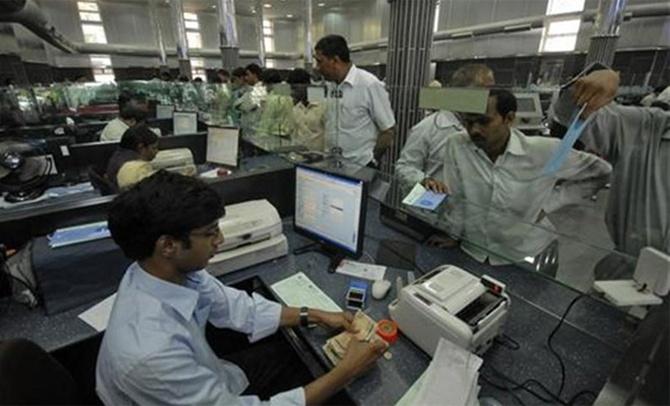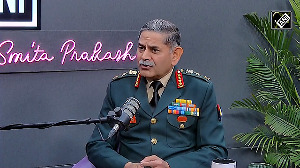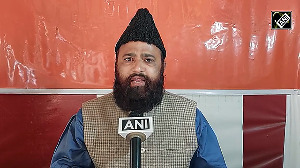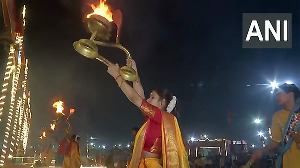
The Finance Minister blames steel industry, state power companies for bad debts of public sector banks
With key Bills stuck in Parliament, Finance Minister Arun Jaitley on Tuesday reached out to the Opposition asking them to abandon the tactics of 'disruptive' politics and sought their co-operation.
He also countered the attack launched by Rahul Gandhi, the vice-president of the Congress -- the principal Opposition party, on the government over the troubles at Jawaharlal Nehru University, the intolerance debate, inflation and foreign policy.
The government is increasingly hopeful of getting the Congress to support one of its key reform Bills -- the Real Estate (Regulation and Development) Bill, 2015, which is pending in the Rajya Sabha but wasn’t listed in the revised list of business for Wednesday.
The Lok Sabha will start a discussion on the Budget on Wednesday.
Minister of State for Parliamentary Affairs Rajiv Pratap Rudy told the Lok Sabha that the House might initiate a discussion and pass the Aadhaar Bill before Parliament breaks for recess on March 16.
Replying to a discussion on the motion of thanks to the address by the President, the finance minister said the present non-performing assets in the banking sector was “not a big crisis but certainly a challenge” and questioned why the previous government did not take steps to avert the situation.
He said the loans by public sector banks were not given during the current government’s tenure and wondered if there was any political interference while giving them.
For rising NPAs, he also blamed the sluggishness in the steel industry and state power distribution companies which took loans to subsidise power and were now unable to pay back the banks.
On Rahul Gandhi’s charge that the government failed to pass on the benefit of reduction in crude oil prices to consumers, Jaitley said the “most dangerous calculation is the one done on the back of an envelope”.
He said the major part of the benefit of reduced oil prices has been passed on to consumers; some has been given to loss-making oil companies and part invested in infrastructure creation, especially in rural areas.
He said the government needed the support of all political parties as it was fighting a global economic slowdown.
He defended the new scheme by the government on domestic unaccounted money. Hitting back at the Congress, the Finance Minister said in 1997, the party supported the United Front government, in which P Chidambaram was the Finance Minister.
He had brought a scheme under which there was no penalty and taxes were charged at rates prevalent 10 years ago.
On black money being brought from abroad, he told the Opposition members, “Your advice (to make names public) is a bona-fide advice, but it will land the Government of India in a trap.
All your cooperation treaties have a covenant that information is being provided on a condition and that condition is that it can be made public only if a case is registered against the account holder.
If you start using it for political purposes, then it will disentitle you to get more information.
The best way of helping the accused is a breach of treaty. That is not an advice we are following. But we will strictly follow the procedure,” he said.
The two Houses also devoted time to discuss issues related to women on the occasion of the International Women’s Day.
Congress President Sonia Gandhi sought early passage of the “long-awaited” women’s reservation Bill and criticised a law making educational qualifications mandatory for contesting local polls in some BJP -ruled states. She said it denied women their right to contest.
The Enemy Property (Amendment and Validation) Bill, 2016, to replace an ordinance, was also introduced.
Image: A bank. Photograph: Reuters
The image is used for representational purpose only












 © 2025
© 2025